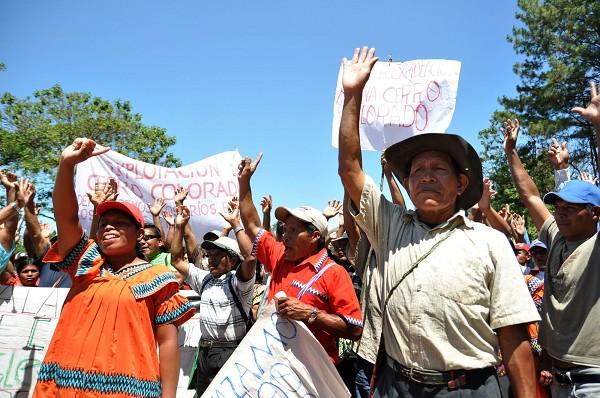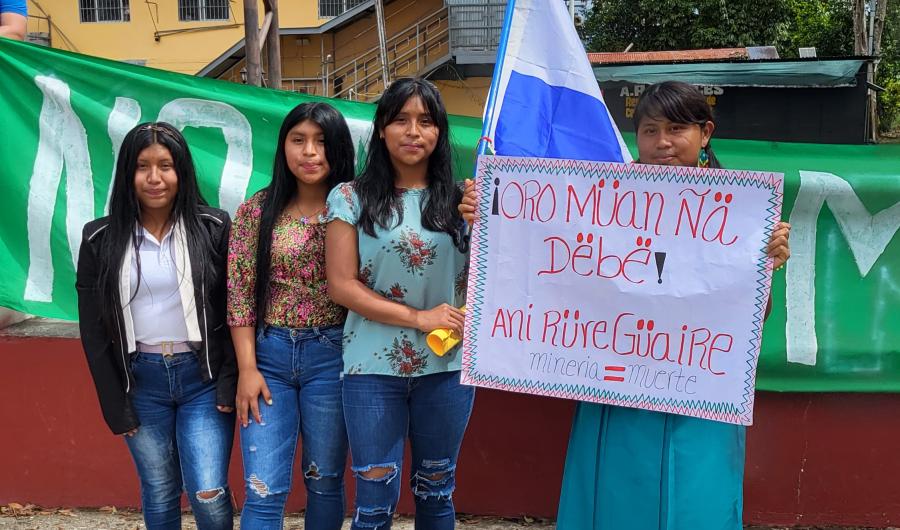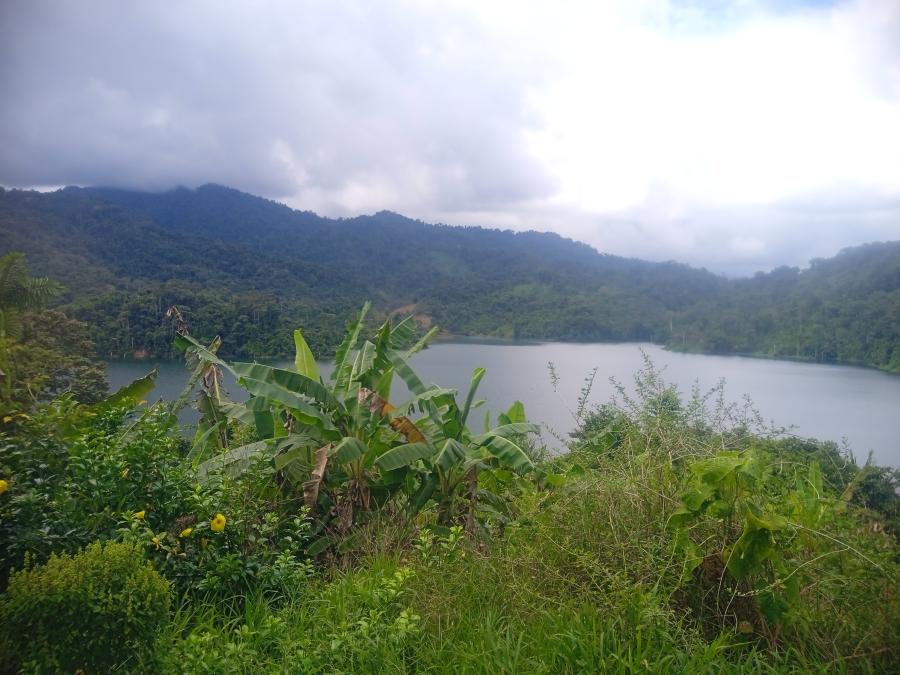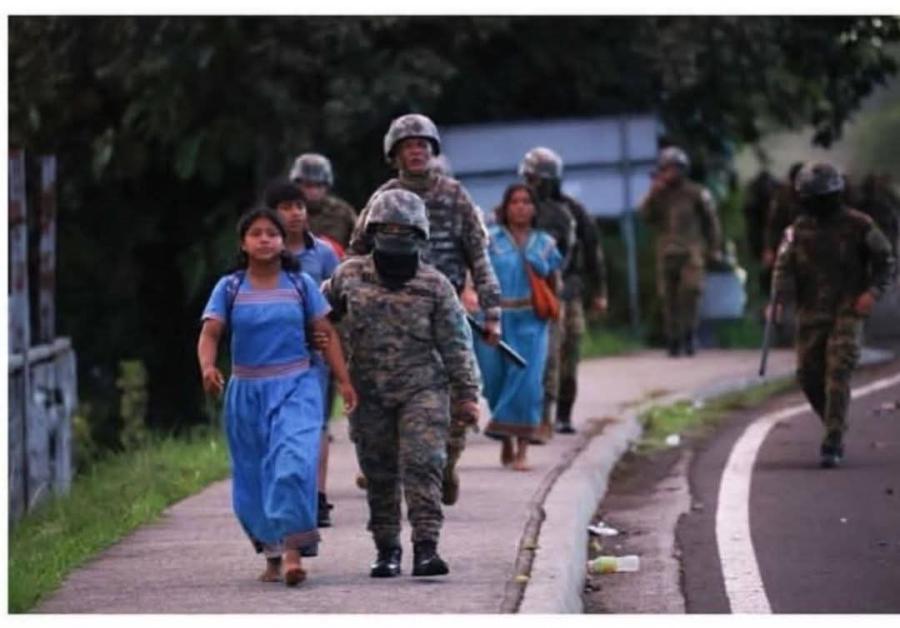
Sincere thanks to everyone who sent urgent email messages to Panama’s president this week!
Late Tuesday afternoon, Ngöbe leaders and government officials reached an agreement that put an end to protests that left two people dead and dozens of others injured.
The Catholic Bishop of David, José Luis Lacunza, served as a mediator between the two sides. Indigenous leaders said they would end the protests and the government agreed to remove police from contested areas and stop flying police helicopters overhead. The government agreed to release all detainees, drop all charges against protesters, and provide medical attention to the people who were injured during the protests. They also agreed to provide compensation to the relatives of Jerónimo Rodríguez, who was killed Sunday.
Dialogue was scheduled to begin on Wednesday in the National Assembly on the subject of the construction of hydroelectric dams and mining in Indigenous territories. Representatives of the United Nations, the Evangelical Church of Panama, and the rector of the University of Panama will serves as observers.
The Ngöbe protests began last week when the National Assembly eliminated Article 5 from a new law currently under debate. Article 5 created a “Special Regimen to Protect the Mineral, Hydrological, and Environmental Resources of the Ngöbe-Bugle Territory.” President Ricardo Martinelli had previously agreed to approve Article 5 after major Indigenous protests last year. Article 5 cancelled all existing mining and hydroelectric concessions on Ngöbe lands. When Article 5 was eliminated, Ngöbe leaders called on their people to block traffic on the Panamerican highway in protest against this betrayal.
James Anaya, UN Special Rapporteur on the Rights of Indigenous Peoples, called on Panama’s government to enter into dialogue with the protesters. In a 2011 report, Professor Anaya warned that megaprojects like hydroelectric dams and extractive industries have become “one of the most significant sources of abuse of Indigenous Peoples’ rights in the world.”
Indigenous protesters are continuing their vigil near the National Assembly in the capital, where the dialogue process is to take place.
For more information:
See our previous campaign updates for Panama: Revoke Repressive Laws here.
Read a press release from the Organization of American States: IACHR Urges Panama to Guarantee Protesters' Physical Integrity and Security
Read our Winter 2007 CSQ article on the Ngöbe, "Dam Nation" by Ellen Lutz.



